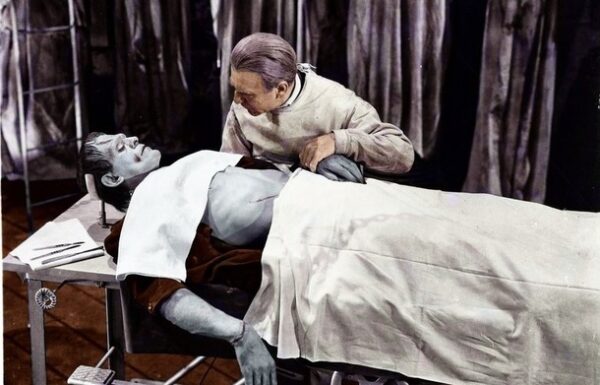“Come round for dribbles!” The mind doesn’t so much boggle as run immediately for shelter and stay there cowering until it can be sure all danger has passed. Nothing good can come of such a phrase, and this is particularly true when you become aware – as I am now, courtesy of kind contributor AllyBlue14 – that it is a combination of “drinks and nibbles.” It conjures up perfectly the kind of limp, insipid gathering involving mushroom vol au vents at best, Ritz crackers at worst and an evening spent sipping your accompanying warm white wine and wondering how exactly they got the rat to do it right into the box.
It would be, in fact, a bit of “shituation”, another portmanteau – this time from mojopedro – whose constituent parts I am sure you are capable of deducing from here. I intend to add these to my working vocabulary instanter. I’m surprised I’ve managed this long without them, to be honest.
I proffer them also to contributor ayomide_praisey who submitted “biophobia”, which he or she describes as “FEAR OF STUDYING LIFE.” The capitals are worrying me. Ayomide, I have visions of you trapped in a Victorian laboratory somewhere, wearing a rubber apron stamped “Property of Dr Frankenstein” and whimpering in horror whenever you hear his returning footsteps. Do you need help? Send word if so. Otherwise, just more words would be lovely too.
George_noble has submitted “agreeance”, meaning – well, “agreement”. And it sounds so pleasing – so much more pleasant and indeed agreeable than “agreement” that I think it is deserving of wider currency and perhaps in the fullness of time of supplanting “agreement” entirely. Are you in agreeance? Or disagreeance? Or are you just curled up in a corner full of broken test tubes, crying into your rubber apron? Oh, Ayomide, I am so worried about you.
Tikitaka brings us a Scottish legal term – “art and part”. It means to facilitate a crime before or during its commission and is one of many “legal doublets”, which are pleonastic pairings – words that mean the same thing; lewd and lascivious (conduct), goods and chattels, aid and abet and so on (and so forth). They were originally the result of the need to ensure understanding when legal terms were translated from French or Latin – the translated term would be paired with a solid, Anglo-Saxon synonym so all and sundry could be clear what was the fit and proper meaning of all that upholds law and order, and everyone could just cease and desist from raising a hue and cry over any misunderstanding. They have persisted, of course, because lawyers get paid by the hour and enough legal doublets ensure a legally doubled fee. I’m joking. Don’t sue.
See you next time, writs permitting.




collins_dictionary_official
The home of living language. #wotd #wordlovers #collinsdictionary
Read our word of the week definitions and blog posts: